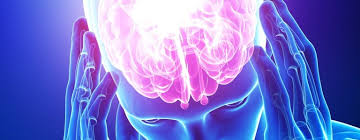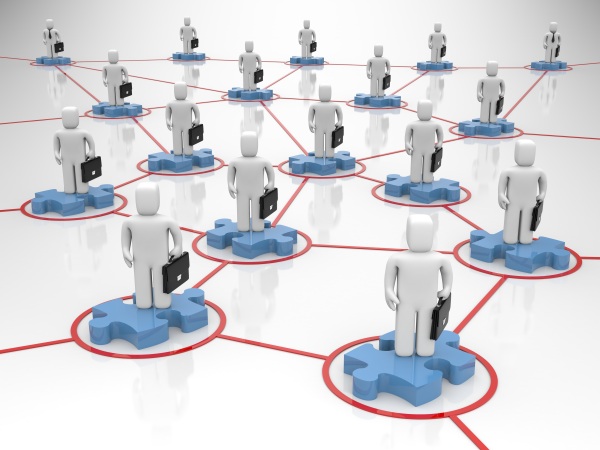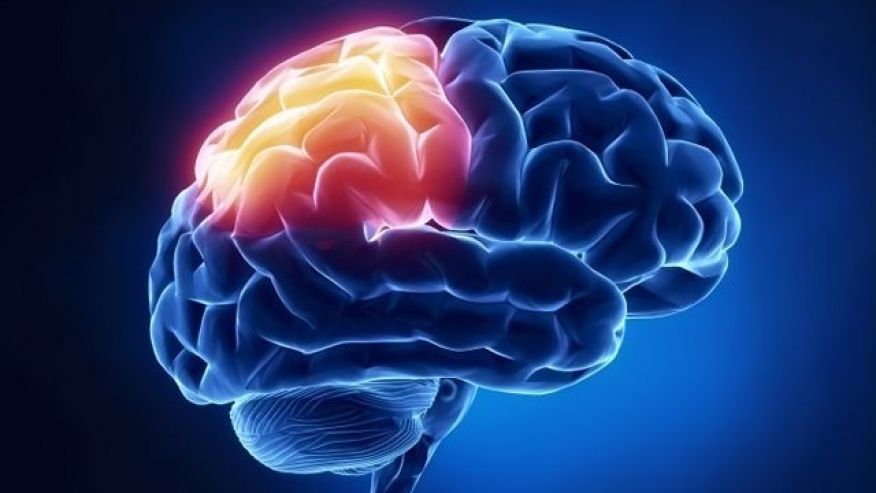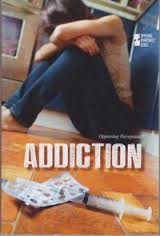Central nervous system depressants

Central nervous system depressants can be very disruptive to the brains functions
Central nervous system depressants: What are depressant?
It is amazing how drugs abuse can accumulate so many names. And irrespective of the name used, their effects in human life still remain the same. We want to discuss the depressants which are also known as central nervous system depressant besides other street names like barbs, reds, red birds, pennies, stories, yellows, or yellow jackets, candy, downers, sleeping pills, or tracks, A-minus, or zombie pills. Central nervous system tranquilizers derail the normal activities of the brain and even that of the spinal cord say doctor Dalal Akoury MD, President, and founder of AWAREmed Health and Wellness Resource Center which is a health facility founded with the sole objective of offering addiction solution to the suffering communities and the globe at large.
From her experience of over two decades in this profession, doctor Akoury agrees that medical doctors often prescribe depressants to people who are anxious or are just struggling to get quality sleep. This is a common practice and nothing is wrong with that. A depressant, when taken religiously as prescribed by the doctor, are beneficial to patients. However, when central nervous system depressants are abused or used wrongly, the consequences can be very severe. Doctor Akoury reiterates that when depressants are misused, dependence and addiction are inevitable risks. As individual users continue abusing these prescription drugs either by taking someone else medication or just taking your own inappropriately to get high, all the other chronic health conditions that are associated with drug addiction can easily attack such users.
As we continue exploring the effects of depressants, it is important to note that, these drugs can be divided into three primary groups: barbiturates, benzodiazepines, and sleep medications. Each of these groups will equally cause harm if not used appropriately. Careful attention needs to be taken in ensuring that the right prescription is used and the doctor’s instructions followed religiously. In the meantime, if for whatever reason you did not follow instructions well and you’re now suffering from its addiction, all is not lost. You can still get your life back if only you can schedule an appointment with doctor Akoury today for professional guidance.
Central nervous system depressants: How are depressant abused?
Depressants usually come either in pill or capsule form. They can be abused in different ways including some of the following:
- Taking someone else’s prescription depressant medication.
- Taking a depressant medication in total disregard of the doctor’s advice.
- Experimenting with or taking depressants just for fun or to get high.
- Taking a depressant while under the influence of other drugs.
Central nervous system depressants: How do depressants affect the brain?
Most depressants affect the brain by increasing the activity of gamma-amino butyric acid (GABA), a chemical in the brain that sends messages between cells. The increased GABA activity, in turn, slows down brain activity. This causes a relaxing effect that is helpful to people with anxiety or sleep problems. And like with other drugs, taking too much of GABA activity can be very harmful. Finally, you can avoid all these harmful effects by seeking help from the experts at AWAREmed Health and Wellness Resource Center today and you will not regret having done so.
Central nervous system depressants: What are depressant?







